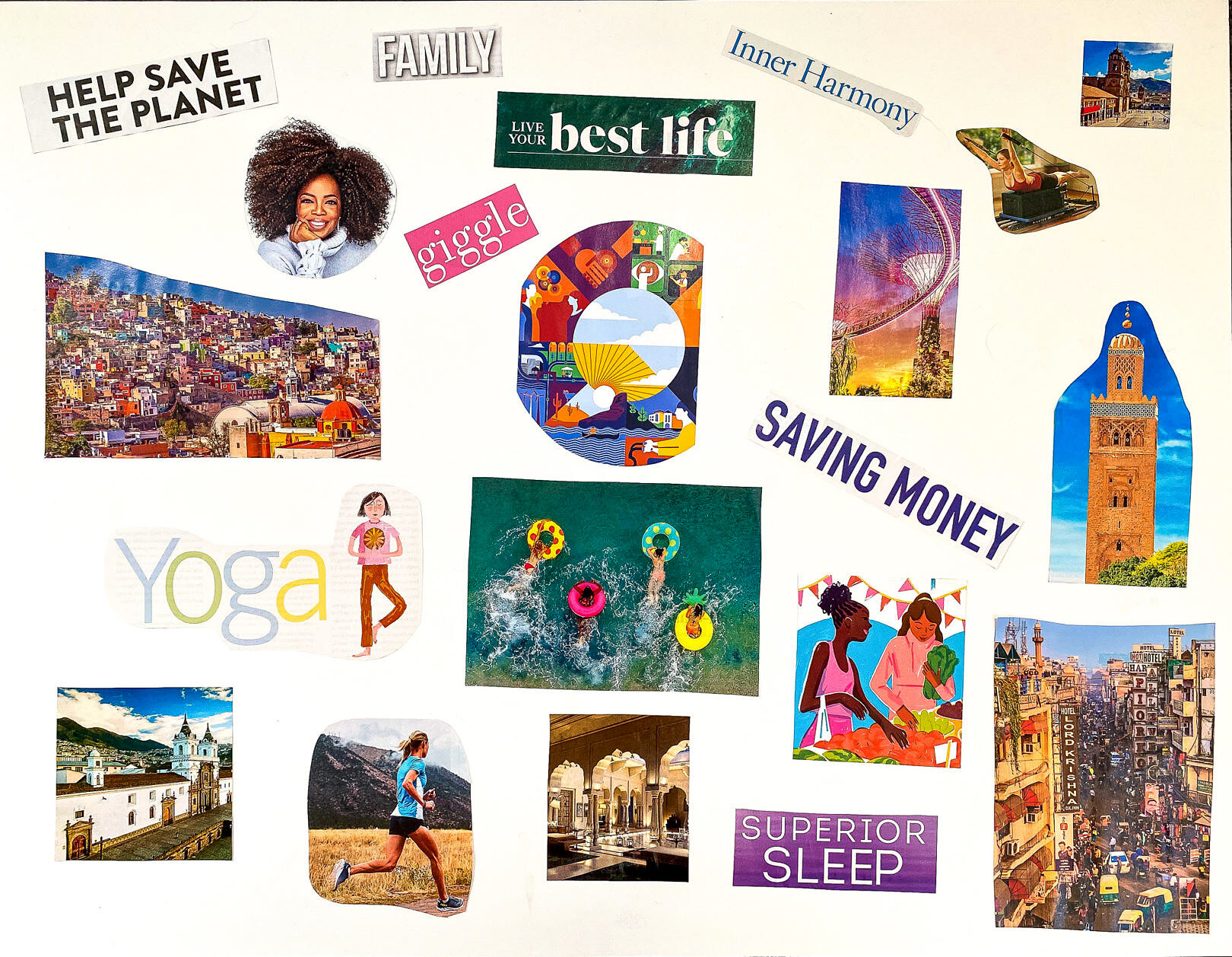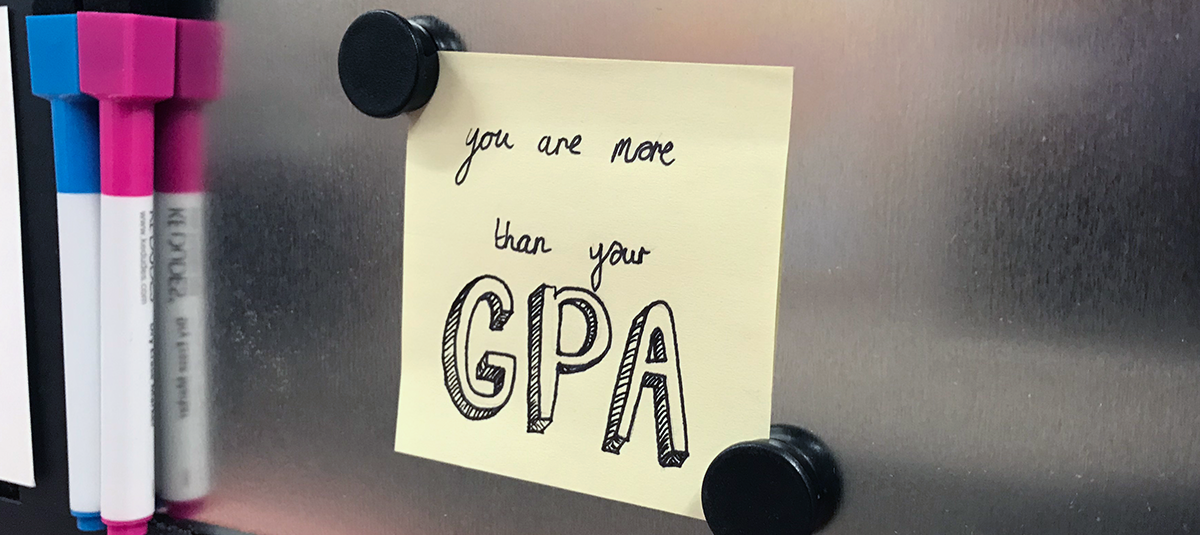I know the topic is kinda outdated now with the new format INBDE is coming this August. However, one of the page’s members asked me the question since she just passed Part 1 (Congrats by the way!) so here we go.
Alert: For people who have NOT prepared for NBDE yet, don’t bother taking Part 1&2 NBDE. You should just focus on the new format INBDE.
Alert #2: you can still benefit from this post if you only prepare for INBDE. What I found is that INBDE is pretty similar to NBDE Part 2.
1) When will ADA officially cancel NBDE Part 2?
08/2022. Why? For the people that decide to take NBDE Part 1 until the last day, they still have 2 years to pass Part 2 so they can clear TWO parts of the old format NBDE. If you miss the deadline of Part 1 - 05/31/2020, you can no longer take the old format NBDE – you will have to take the new format INBDE.
Good: INBDE is ONE exam only instead of TWO exams as of NBDE.
Bad: it’s a new format so there is no textbook, no released exam, no data yet.
From ADA: “If a candidate from a non-accredited dental program has successfully completed the NBDE Part I by May 31, 2020, the candidate will still be eligible to take the NBDE Part II until July 31, 2022.”
2) What is the topics of NBDE Part 2?
3) Which books can one use to study for NBDE Part 2?
· Dental Decks – DD is like “the Bible” of NBDE. They have different formats that you can buy – the print flashcards, online flashcards, or both. They almost always have edit every year aka “new version” but the core knowledge is almost the same. If you can afford the newest version #13 – go for it. If you can’t, buy older version (just don’t buy version from 10, 15 years ago).
· First Aid – I used this one combining with Dental Decks. It’s a textbook, not flash cards like DD so I liked it a little bit more when I needed to understand the full concept of some subjects. I think it’s pretty comprehensive and easy to understand. They have TWO version: Textbook version and Q&A version
· Mosby’s Review: I did not use this one – no specific reason. First Aid was cheaper on Amazon at that time so I got it instead of Mosby’s. It’s pretty popular as well – personal choice.
· Kaplan Part II lecture notes: Kaplan is very famous regarding any medical/pharm/dental exams. You can never go wrong with Kaplan I feel like. They also have an online course for NBDE, which costs $99 for their question bank or $699 full version with videos and teachers.
· Dental Board Buster series: I had a copy of the book, but I did not have that much time or patience to go through a whole book. I admire people that can read Dental Decks 3 times, First Aid 2 times, Mosby 2 times etc. You are my heroes! At the time I was preparing for Part 2, I got so bored even after one reading only.
· Tuft – for Pharmacology. EVERYONE suggests reading pharm from Tuft. I did skip pharma from Dental Decks and First Aid as I read Tuft only. I do feel like they are the easiest to remember although pharma is never truly easy.
· Released questions from ASDA: that was a lot of money to buy all versions but it’s worth it. I think I bought only the last several versions and skipped the ones they released like 30 years ago.
4) Which apps/online courses one can buy to study for Part 2?
· Dental Boards Mastery: it’s good! I actually liked it! It is like question bank with answer and explanation so it helped me check my knowledge as well as clear up some confusion I had.
· Board Vitals: I got it free as I was a student at CU. The school purchased the app for all dental students to use – also questions and answers. I don’t like it as much because the questions seemed too easy comparing to the real test. The way they ask questions was also not similar to the real one. It’s good when you exhaust all the books you have or apps you have and still want to check your knowledge. Good as a complementary tool to study Part 2, not as a primary tool.
· Kaplan course: as I mentioned above - $99 for question bank or $699 for full course
· Crack the NBDE: I did not try the app so I have no idea.
Disclaimer: Those mentioned above are NOT the only books/apps/courses you can purchase. Those are only the more popular ones.
Disclaimer #2: You don’t need to buy every single book, buy every single course to pass the exam. If you pass Part 1, take it easy as Part 2 is way easier. My recommended recipe: Dental Decks + ASDA released questions + 1 book + 1 app
5) How do you use books/apps to study?
Try to combine Dental Decks and a book at the same time. Books help to explain the full concept of a subject/topic but they may distract you with too much details. Dental Decks works like a guideline to keep you on track. Whatever shows up on the DD cards, it’s important to know. If you don’t have much time to study, stick to DD. If you have some extra time, read again with a textbook to deepen your understanding and put things in perspective.
It’s up to you to tackle difficult topics first or easy ones first. Some easy ones are Endo, Operative, Perio etc. The reason why those are easier is because we use those knowledge everyday seeing patients. You just need to read through it real quick to update some new information and dust off some old ones. The more difficult ones are Pharmacology, Oral Pathology, Orthodontics, etc because they have so much info to remember! I studied Pharmacology last because I know I can only remember it with my short-term memory. If I chose to study it first, I would forget everything by the time I took the exam. However, if you decide to study 2,3 times before the exam, you can always study it first and study again later to remember better.
I never go to any exam without trying to do question banks (unless there is no question bank). Question bank is the best to fast check your understanding. I usually go through books as fast as I can and spend more time for questions and answers. I tried ASDA released questions as well as the two apps I mentioned above (Board Mastery and Board Vitals) weeks before the exam. If there was one question that I don’t understand the answer or disagree with it, I would check DD or textbook again to clarify.
Those question banks are extremely important with Part 2 because of the 2nd day exam. On the 2nd day, you will have patients’ charts, pictures, X-ray, and you will have several questions regarding the case. It’s different because those questions relate to each other, so you need to look at the big picture. Question banks will help you understand better the way they ask questions, what they want you to know, how they test you understanding. For example: Patient has 1 small cavity DO on tooth #13 that you can easily do a filling. However, the probing depth of the tooth is 9-8-9 (F)/7-6-7 (L) – filling will not be necessary as the best approach is to extract the tooth. So, if you look at the small lesion on the Xray only, the tooth is restorable - but if you look at the X-ray and probing chart at the same time then no, we shouldn’t keep the tooth.
I hope this post helps you if you are preparing for NBDE Part 2 right now. If you are preparing for INBDE, you can start by studying part 2 the exact same way, then read quickly through Part 1 material right before the exam. Why? From my mock test, INBDE is pretty similar to Part 2. The amount of questions I got about basic science is minimal.
Best of luck!
Disclaimer: These are Amazon affiliation link which means when you purchase on amazon through the link, I will get some kick back. Your price will be the same with or without the link, but I’m forever grateful for your help and support.















